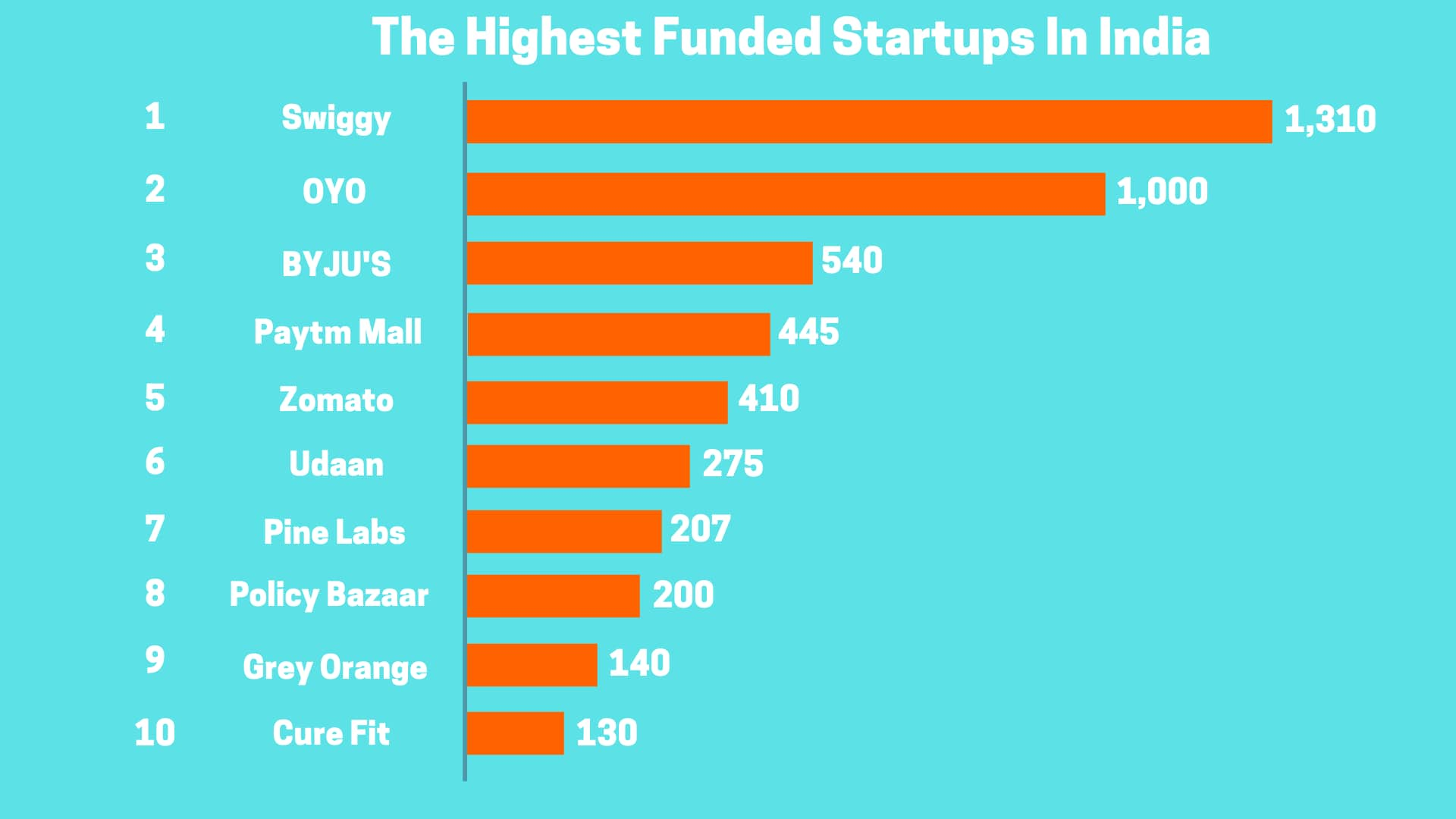Jute bags are used for shopping purposes. Our environment today is polluted to an extreme level. Nowadays, printed jute bags are used for shopping purposes too. Jute is a long, soft, shiny vegetable fibre. It is also popularly known as Golden fibre. Currently, it is one of the strongest all-natural fibres available throughout the globe. Jute fibre is reusable and biodegradable. Starting a jute bag-making business is a great decision to start. It is also a profitable business because the usage of jute bags has excessively increased over the last year. People nowadays carry these bags as a style trend.
There are several different types of bags that are very popular in the market. A recent study has shown that the general public has become very bored with carrying leather bags. The jute bag-making process is simple. Any individual can start this business even from home. Furthermore, this is a great opportunity for women, housewives, and mothers too. In this article, we will discuss how to start a jute bag-making business.
Know the Different Types of Jute Bags
Identify the Demand of Jute Bags
Jute Bags Business Planning
Choosing Location of Your Business
Register Your Jute Bag Making Business
Steps Involved in Jute Bags Making
Raw Materials Used in Jute Bag Making
Types of Machinery for Jute Bag Making Business
Marketing Strategies of Jute Bag Business
Know the Different Types of Jute Bags
Before starting and making a jute bag business plan, you should know the different types of Jute bags you can manufacture. There are numerous types of jute bags you can find in the market. According to lamination or lining, there are three different types of bags.
- Unlaminated – Biodegradable
- Laminated – Food Grade LDPE, splash resistant, wipe clean
- Muslin Lined
A jute bag comes in several different handle options. These are as follows:
- Jute Handles
- Flat Cotton Strap
- Cotton webbing, filled with rope
- Cane Handles
- Drawstring
- Rope with eyelets
Various Usage of jute bags:
- Students use jute bags to carry books to school or college
- Women use jute bags as stylish handbags nowadays
- These are used to carry lunch to work
- Jute bags can be used for travel and transport purposes
- These bags are used for promotional purposes as well
- Jute bags are versatile and can be used as gift bags
- These bags are used as shopping bags all over the world
- It is used for transferring products from one place to another
Identify the Demand of Jute Bags

Jute has properties like low thermal conductivity, remarkable insulation, and moderate moisture retention. So Jute bags are strong enough to pack bulk goods. The growing environmental concerns have also increased the customer’s inclination toward natural and biodegradable products like jute bags.
As per industry estimates, India has exported millions of jute bags mainly to Europe. The production of this item which is mainly in the micro and small enterprises has picked up substantially in the last few years. There is a big scope globally for Indian jute shopping bags as an alternative to plastic bags. India holds the majority of shares representing the leading producer of jute bags. Additionally, the benefits offered by jute bags such as their biodegradability, durability, low cost, high strength, etc. have supported the market growth.
According to a survey, the jute bag market value had touched $ 1.9 Billion in the year 2020. Jute bags recorded an 11.5% CAGR from 2011 to 2018. The global jute bag market size reached $ 2.3 Billion in 2021. The market is expected to reach $ 3.3 Billion by 2026, exhibiting a CAGR of 9.4 % from 2022 to 2027.
Jute Bags Business Planning
When you start any business there are various things you need to consider. Whether you are in the beginning stages of starting your own business or planning on taking it to the next level, you will need a clear and informative business plan. You need to ask yourself, Where do I want it to go? What will my business look like? A business plan will provide readers with all types of information they need to understand your business’s purpose and capabilities. You have to be willing to add, edit, or even remove certain portions of your business plan when new information becomes available.
Choosing Location of Your Business
Choosing a business location is all about setting your business for success. You need to put careful thought into where you want to establish your Jute bag business.
Some tips for choosing a good location:
- Before you start looking for a business location you need to create a business budget for your expenditure.
- Before you buy or rent a building, check out the surrounding neighbourhood.
- Part of your business location strategy should be based on the amount of competition in the area.
- Consider the potential growth of your company when choosing a location for the business.
- Consider how easy it is for customers to reach the Jute business location.
- Before you purchase a location for business, find out how it is zoned.
Register Your Jute Bag Making Business
For a very small startup, you can look for a proprietorship company. However, you may also go with the partnership, LLC, or INC companies according to your business size and investment model. Generally, this type of business plan doesn’t demand any specific licenses from the Government authorities. In India, National Centre for Jute Diversification (NCJD) and Jute Manufacturers Development Council (JMDC) offer training on jute bag making.
Steps Involved in Jute Bags Making
The process of manufacturing jute bags is very simple and does not require the use of heavy machines. Below are the steps involved in jute bag making:
- Buy woven jute fabric rolls from wholesalers or directly from manufacturers.
- Laminate the jute rolls. Jute bags can be sold with lamination or without lamination.
- Spread the jute fabric roll on a table and fix it.
- Cut the jute rolls to the required size and shape.
- Print the designs, logos, or text on the jute roll pieces.
- Wash and dry the printed jute fabric pieces.
- Stitch the cut pieces of jute roll using a heavy-duty sewing machine.
- Attach the handles, buckles, zips, etc.
- Pack the jute bags for marketing.
Raw Materials Used in Jute Bag Making
India and Bangladesh are the top producers of jute fibre. In India, West Bengal accounts for 50% of the country’s total jute produce. So, source your raw materials from reasonable and genuine jute mills.
The raw materials used in jute bag making are:
- Jute fabric
- Dyes
- Printing gum
- Sewing thread (preferably nylon)
- Chemicals and auxiliaries
- Handles
- PVC buckles
- Packing materials
- Labels
Types of Machinery for Jute Bag Making Business
Jute bag manufacturing does not require high-end technology machinery. It all depends on the scale and type of bags. To make a printed jute bag, the following machinery is required.
- Working table
- Lamination machine
- Printing Table
- Screen printing machine
- Dye Paste Stirrer
- Water Drum, tubes, mugs, clips, etc.
- Cottage Steamer
- Electric Fittings
- Scissors and measuring tape
- Cutting machine
- Heavy-duty Sewing machine
- Regular sewing machine
- Nylon thread
- Lockstitch Machines
- Side Sealing Machine
Marketing Strategies of Jute Bag Business
Marketing strategies are the processes by which companies create customer interest in goods or services. Marketing draws out the hidden wants of customers and creates new demand. It enlarges the market and enables the producers to increase production and earn more profits. Because of marketing so many other activities such as banking, transport, insurance warehousing, etc. get a boost as they are needed more help in the marketing process.
Some techniques of marketing Jute Bag Business:
- Word of mouth
- Comprehensive website
- Social marketing
- Direct marketing
- Major festivals
- Online shopping sites
- NGO tie-ups
- Local tie-ups
- Corporate gifts
- Conferences and seminars
Conclusion
Starting any kind of business needs patience and hard work. Getting into the business of making jute boxes is not something different. With people being conscious about the environment, and inclining toward jute bags, the market has experienced definite growth. So, it is clear that the market for jute bags will keep rising in the future as well.
FAQs
What raw materials are needed for making jute bags?
The raw materials needed for making jute bags are:
- Jute fabric
- Dyes
- Printing gum
- Sewing thread (preferably nylon)
- Chemicals and auxiliaries
- Handles
- PVC buckles
- Packing materials
- Labels
Which country is the top exporter of jute bags?
India is the top exporter country of jute bags.
What products are made from jute?
The major manufactured products from jute fibre are:
- Yarn and Twine
- Bags
- Sacking
- Hessian
- Carpet Backing Cloth
- Textile Blends
Which are the top Jute producing countries in the world?
India and Bangladesh are the top Jute producing countries in the world.


